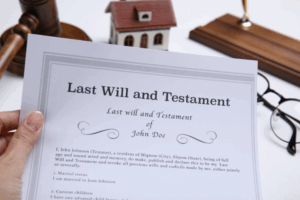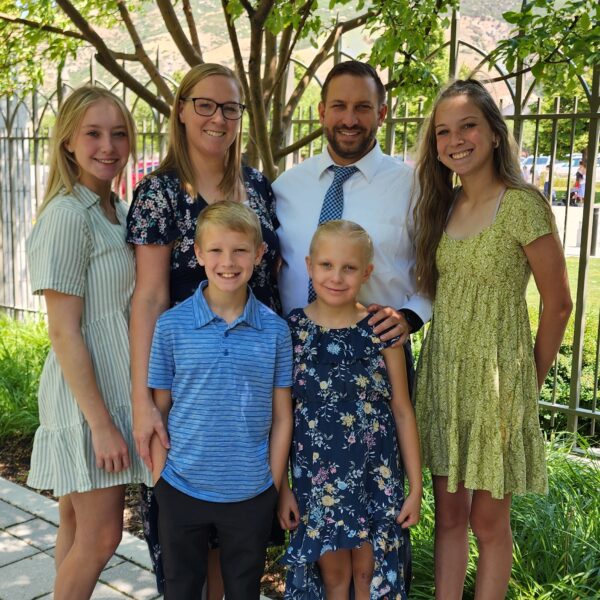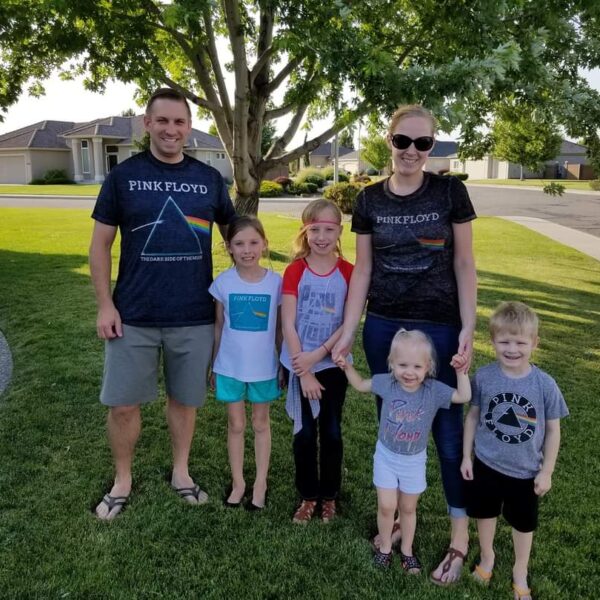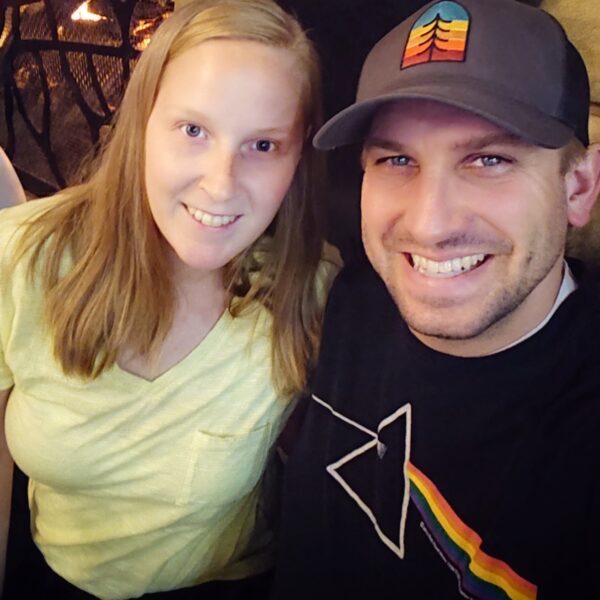Few words evoke such strong negative imagery as the term “probate.” For most people, they are not sure exactly what probate entails, but they know they want to avoid it at all cost. Contrary to conventional wisdom (and unlike other states), Washington has a simplified and streamlined probate process. Indeed, it often makes more sense, from a planning perspective, to plan to go through probate than to try to avoid it. But for the person looking for all options to avoid probate, I offer the following strategies.
At the outset, it should be noted that “probate” is a specific process under state law, usually with minimal oversight by a state court. But, one can imagine that after a death of a loved one, whether “probate” is required or not, some form or administration will likely be required. The house doesn’t clear and sell itself. Creditors may have valid claims that must be addressed. State agencies are entitled to notice of death. The assets must be divided and distributed. These tasks are often complicated, not by the process, but by the emotions involved in losing a loved one, the complexity of the asset mix, and attitude of the heirs.
A concept necessary to understand the strategies is the distinction between probate assets and non-probate assets. Non-probate assets are generally defined as assets that already have a named beneficiary. These include assets such as retirement accounts, life insurance, and some bank accounts. Non-probate assets are, you guessed it, not subject to probate. Probate assets are everything else.
In general, a person’s estate will go through probate unless they meet one of three main exceptions in Washington. The first exception is that the person dying is survived by a spouse and they have a Community Property Agreement. Though Washington is a “community property state,” this is not the same as a Community Property Agreement. The fact that Washington is a community property state means, in simple terms, that all assets acquired during marriage are owned one-half by husband and one-half by wife. A Community Property Agreement takes the concept further by providing: (1) all assets acquired at any time and through any method are community property owned one-half by each husband and wife; and (2) at the death of the first to die, all assets vest in the surviving spouse. The Community Property Agreement is seen as more powerful than a will and usually controls over a conflicting will. And, with a Community Property Agreement, probate is avoided.
The second exception to probate is that a person has a Revocable Living Trust (RLT) and all of their probate assets are titled in the trust. Though “probate” is avoided, the administration after death is generally referred to as Trust Administration and can be substantially similar to probate. The RLT is a method of estate planning, separate and distinct from a will. The trust is a separate entity. In a sense, it is like setting up your own corporation. The attorney drafts the shell (the trust), and you transfer in all your assets.
Then, the concept is that the trust is the owner and the trust will not die like us regular humans. Since there is no death, there is no probate required. Though, consider that since about 2012, Washington state has instituted laws that make the administration of trusts similar to probate.
The third exception to probate is for a person who dies owning no real property (land, house, condo, etc.) and owning less than $100,000 in probate assets. Usually the administration of a so-called “small estate” is accomplished through an expedited small estate affidavit process, but no formal court process is required.
Beyond the three exceptions noted, there are additional strategies to help a person’s current asset mix fit into an exception to probate.
Transfer on Death Deed. Only since about 2014 has Washington state authorized the Transfer on Death Deed. But the concept is that a person can prepare and record a deed that doesn’t transfer ownership of real property until the death of the grantor. By recording such a deed, it turns an otherwise probatable asset into a non-probatable asset.
Gifting. By gifting assets prior to death, the estate no longer owns the asset and thus the probate process will not control. However, gifting has some serious drawbacks as well. If you have a lot of money, your planning concern is the estate and gift tax. If you don’t have much money, your concern should be the Medicaid eligibility rules and the penalty period associated with gifts. Plus, in either event a person avoiding probate by gifting loses the access and the income associated with the asset.
From a planning perspective, the simplest way to die is to spend your last penny on the date of your death. Regrettably, such a strategy requires extraordinary foresight and a whole lot of luck.
390511-2
* Licensed, not practicing.
The opinions voiced in this material are for general information only and not intended to provide specific advice or recommendations for any individual or entity. This information is not intended to be a substitute for specific individualized tax or legal advice. We suggest that you discuss your specific situation with a qualified tax or legal advisor.
Securities offered through LPL Financial, Member FINRA/SIPC. Investment Advice offered through Cornerstone Wealth Strategies, Inc., a registered investment advisor and separate entity from LPL Financial.












